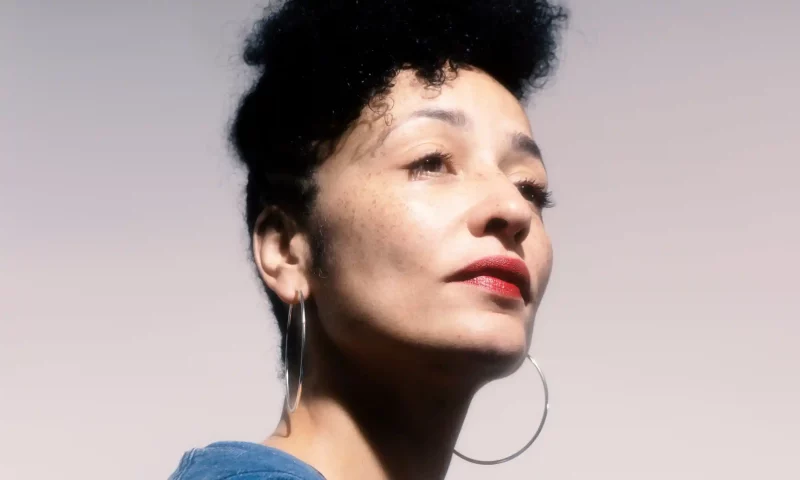Zadie Smith on discovering the secret history of Black England: ‘Into my ignorance poured these remarkable facts’
Share
Explore Our Galleries
Breaking News!
Today's news and culture by Black and other reporters in the Black and mainstream media.
Ways to Support ABHM?
By Zadie Smith, The Guardian
When the novelist first read Gretchen Gerzina’s 1995 book Black England, she discovered the complex and unexpected lives of black people in England before the abolition of slavery. Two decades on, the stories still have the power to astonish

I can say precisely where and when I first read Black England because I made a note of it on the flyleaf: Zadie Smith NW2 ’99.
I was in the habit back then of using the books I bought as a record of the places and times of my life. Can’t remember what I hoped to gain by it – but I am grateful now to recall that I must have been back in my mum’s flat in Willesden Green, north-west London, and finishing my first novel. And if I was doing that, I must have bought Black England in Willesden Bookshop (now defunct) with a song in my heart. In order to write White Teeth, I was having to try to convince myself day after day, in what felt like a vacuum, that such an entity as “Black England” or “Black and Brown England” actually existed – and was worth writing a comic novel about. It’s incredible to think of now, but by 1999 I’d gone through 15 years of formal education, including a three-year English degree, without ever being given a book to study that made any reference whatsoever to the presence of individuals like me in the country in which I was born. Not a novel, not a history book. Nothing. Anything I read in that direction I had to either find myself, or rely on my enterprising mother to find. It was usually easier for both of us to work by analogy, and read things about our American diaspora cousins. So we generally did that. But here it was: Black England! And not a novel! History!
Into my perfect ignorance poured all these remarkable facts. Some were just delicious because I could hardly believe they were true: “By 1596 there were so many black people in England that Queen Elizabeth I issued an edict demanding that they leave.”
[…]
Other facts struck me personally, and bestowed – at this relatively late date in my life – that essential quality many children seek from their parents, ie confirmation of one’s own existence. But seeking existential support from history is a risky enterprise. My heart lifted to read of Francis Williams, the 18th-century Jamaican classicist and poet, educated at Cambridge. It sank to hear of how cruel he was to the folks back home, how superior and contemptuous. Then hurt a little more to read David Hume’s opinion of him: “They talk of one Negroe as a man of parts and learning; but ’tis likely he is admired for very slender accomplishments.” Better to take oneself out of the equation and try to listen without prejudice or desire to the recounting of realities beyond your ken. And it was all beyond my ken. I can remember very clearly reading the striking account, early in the book, of Joshua Reynolds’ black servant, who had his pocket cut open by a white thief and his loose change stolen. The black servant reported it, the case went to court – the white thief received a death sentence. In the 18th century. I read that and thought: I know nothing.
Follow Smith’s journey to learn about Black England.
Many Black Americans have similar experiences, which is why ABHM’s physical and virtual exhibits are so important.
More breaking news here.









Comments Are Welcome
Note: We moderate submissions in order to create a space for meaningful dialogue, a space where museum visitors – adults and youth –– can exchange informed, thoughtful, and relevant comments that add value to our exhibits.
Racial slurs, personal attacks, obscenity, profanity, and SHOUTING do not meet the above standard. Such comments are posted in the exhibit Hateful Speech. Commercial promotions, impersonations, and incoherent comments likewise fail to meet our goals, so will not be posted. Submissions longer than 120 words will be shortened.
See our full Comments Policy here.